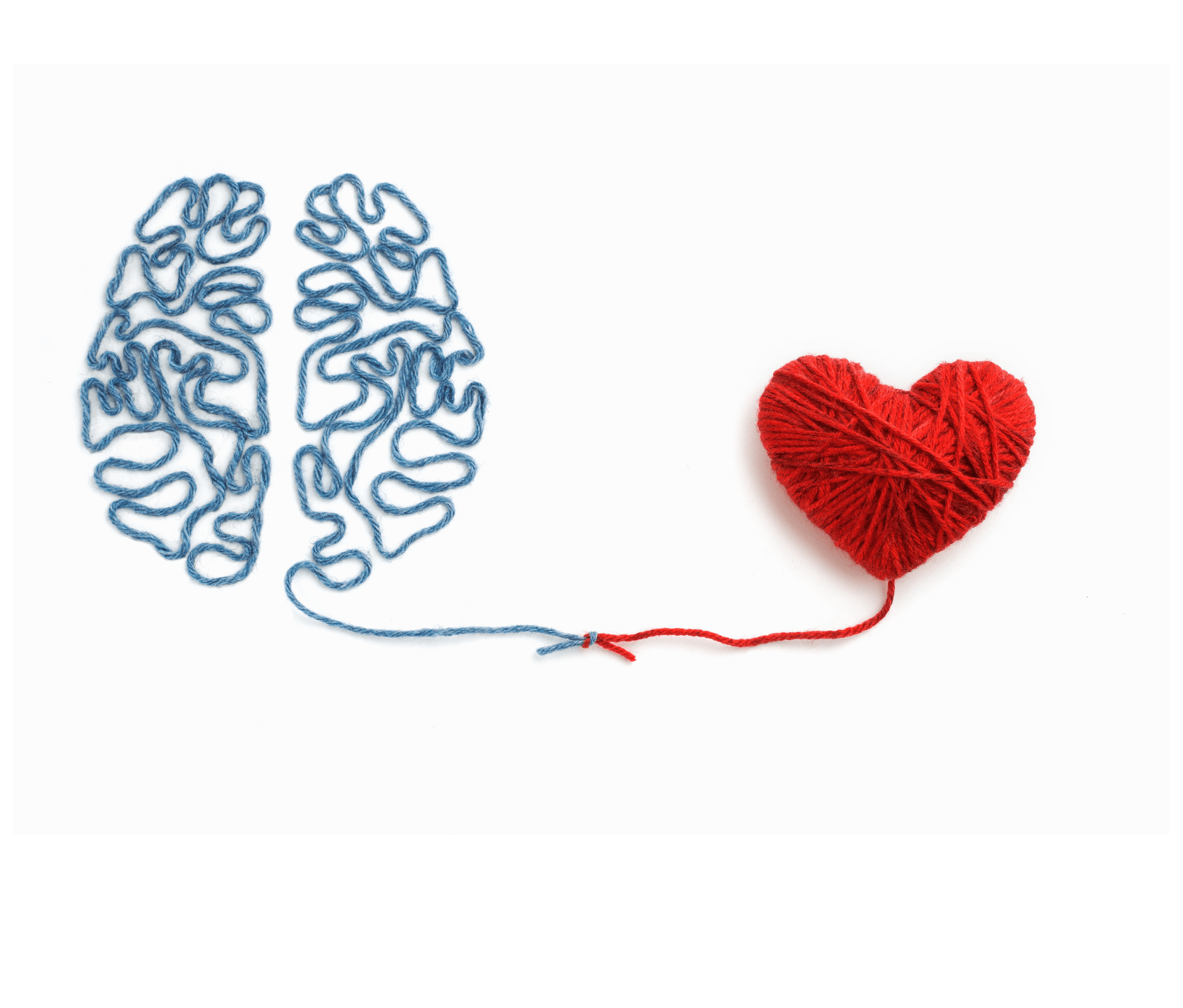FAMILY INVOLVEMENT IN THE TREATMENT OF EATING DISORDERS
While families are not to blame for disordered eating behavior, biological and chosen families do play an essential role in making lasting recovery possible. Emotion Focused Family Therapy (EFFT) provides a supportive framework for activating the healing qualities of relationship in eating disorder recovery.
Defining the Challenge
Have you ever heard the saying: You cannot heal in the same environment that made you sick? It’s so true, and I think it’s especially true for people with eating disorders.
However, being honest and acknowledging that environmental and relational factors may exacerbate disordered relationships with food isn’t the same as casting blame on family members and supportive others.
As members of a loved one’s support network, it is vital to remember that recovery is not helped by blame or shame but through accountability and loving persistence. We heal, we learn, we move forward, and we don’t look back.
Family involvement has long been identified as a buffer against relapse from an eating disorder after the client leaves treatment. Historically, family members have been taught to support their loved one’s recovery with behavioral coaching. While this is a valuable skill, it doesn’t always prepare family members to most effectively manage the emotional response their loved one’s may experience.
To close this gap, Emotion Focused Family Therapy (EFFT) was developed.
What is EFFT?
At Alsana, we believe that recovery happens in relationships, and EFFT is in alignment with this fundamental philosophy. EFFT is integrative psychotherapy designed to support and empower caregivers to increase their role in their loved one’s recovery from mental health issues, including eating disorders. By so doing, family members and supportive others become active participants-rather than passive observers- in the healing process, helping to repair relational injuries, interrupt symptomatic behavior in a compassionate way, and processing underlying emotions.
EFFT:
- It is effective and supports a return to a recovery mindset.
- Is compassionate
- Works with brain science and strengthens interpersonal relationships
- It helps us understand our own typical responses and triggers, allowing us to leverage them and manage them more effectively.
- It provides a framework for communication in relationships.
It can also be integrated into existing treatment models at varying levels of care, which is helpful not only for families but for the clinical members of one’s support network/treatment team. In that way, EFFT not only fosters healthy relational growth between family members but between supportive loved ones and treatment teams; the more we support one another, the more support will be available for those in recovery.

Supportive Loved Ones Make Life After Disordered Eating Possible!
Successful recovery from an eating disorder is a team effort, no doubt. EFFT is one comprehensive method for growing and nourishing an individual’s support network by empowering those in their inner circle to provide healing support and relational growth.
We often talk about how eating disorders thrive in isolation but make no mistake: being in isolation is not the same as being alone. It is entirely possible to feel completely isolated and disconnected even when there are people around. We know this because we’ve all seen it. By practicing the skills taught in EFFT, we build bridges to those in recovery and remind them that they do not have to go through this alone.

JOIN OUR ONLINE SUPPORT GROUP
Weekly meetings
Fridays at noon / PST

VIRTUAL TREATMENT OPTIONS
Meeting each client where they are on their recovery journey. Virtually.
Our Recommended Articles
Start the road to recovery with Alsana.







